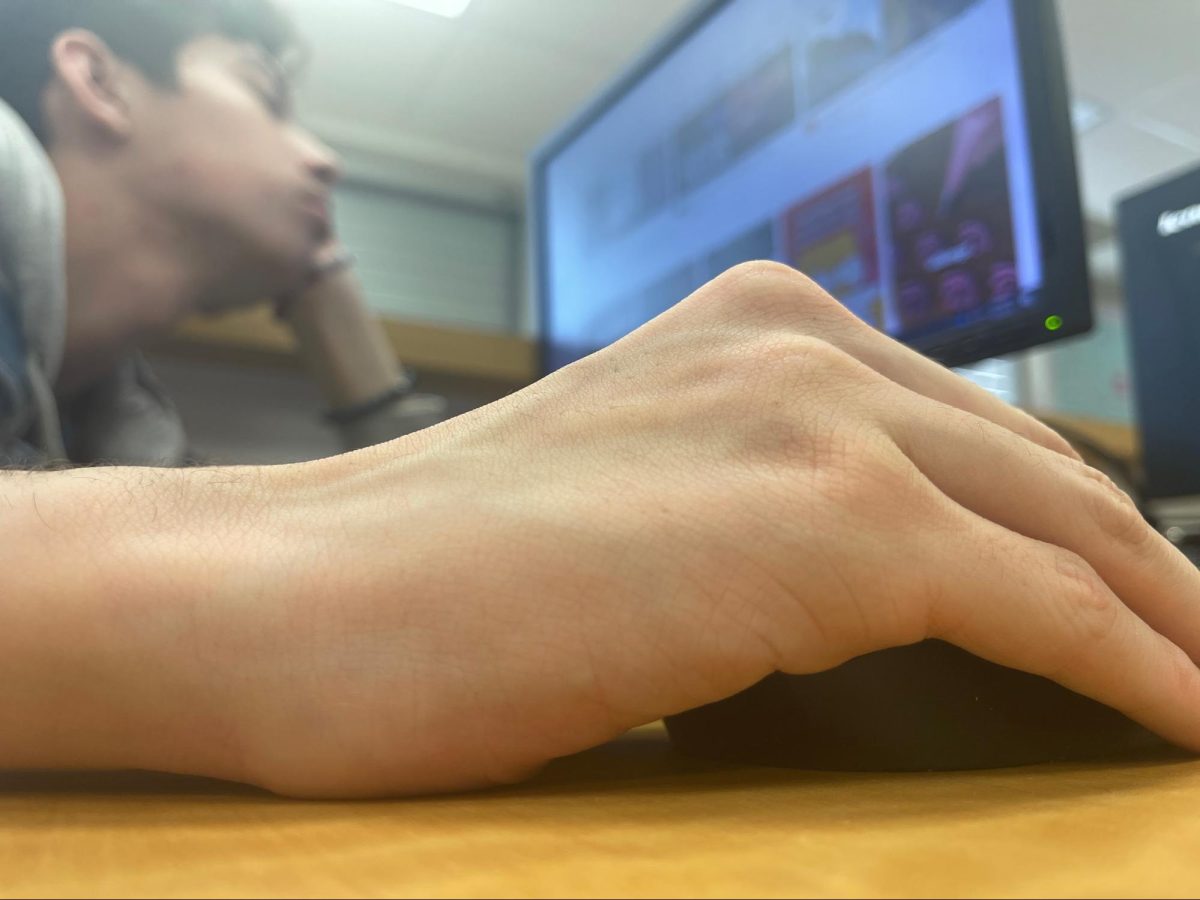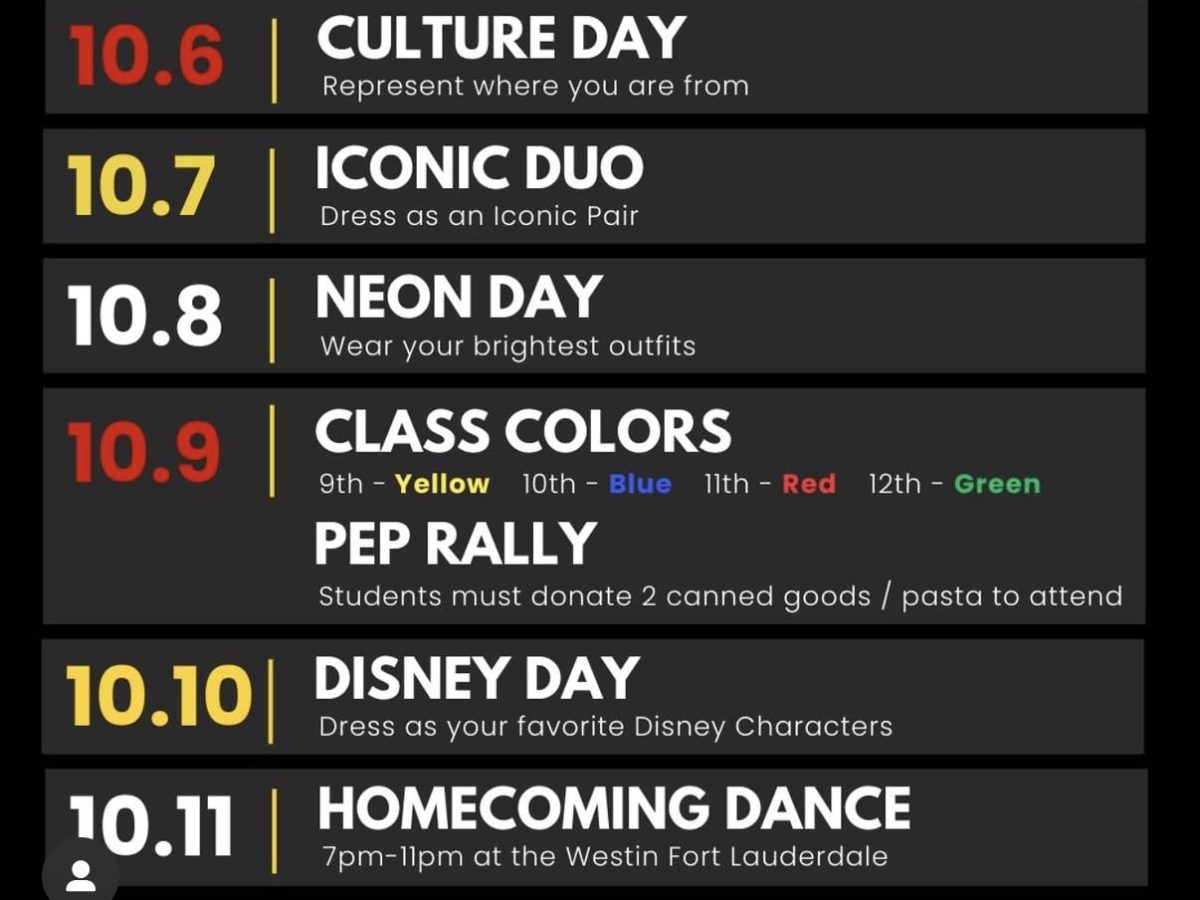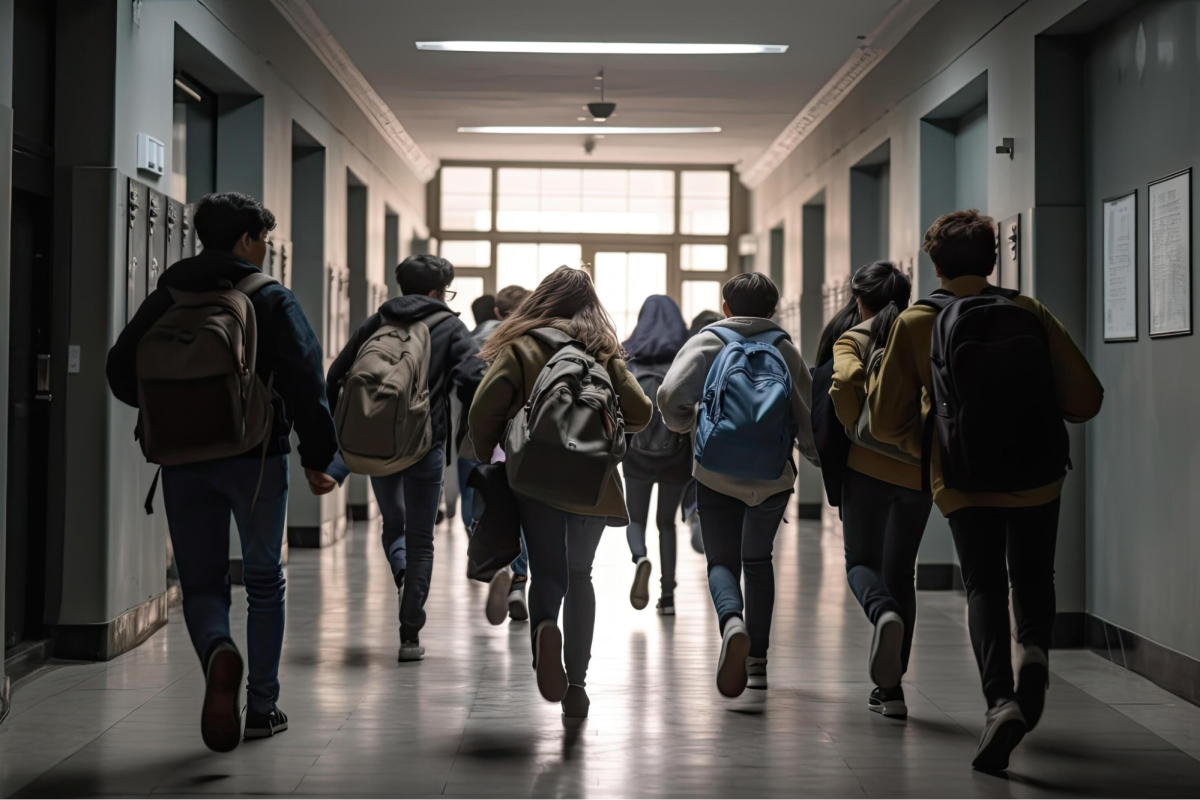Phone addiction is defined as the obsessive or compulsive use of a cellular device. Lately, this seems to have become a much larger issue in the younger generations, as tech companies continuously advance the complexities of their devices. In the United States, teens average around 7 hours and 22 minutes of screen time. A majority of this time is usually spent engaging in social behavior online, whether it be gaming or posting on social media platforms, but is there ever such a thing as too much socialization?
Since COVID, there has been a noticeable increase in the significance of social media websites in the lives of teens. The pandemic socially isolated millions, as it was recommended to limit as much physical contact with others as possible. Because of this, teenagers turned to social media as a way to express themselves and stay in touch with friends. As the dependency on social media skyrocketed, so did concerns about the effect it may potentially have on the mental health of the youth.
“Social media has definitely had a profound impact on our generation.” Says sophomore Lauren Saddler. “We tend to rely on it more than ever in this day and age, and it really affects how people think and the way they see the world.”
A study conducted by the NORC at the University of Chicago focusing on how social media has influenced teens’ mental health post-pandemic has found that nearly half of young people reported experiencing any severity of depression. Additionally, around a third of participants mentioned experiencing moderate to severe symptoms. Studies like this one are meant to highlight the correlation between increased screen time and an increased rate of anxiety, depression, and feelings of isolation among teenagers.
These feelings arise from the habit of endlessly and mindlessly scrolling on social media, otherwise referred to as “doom scrolling.” As they spend hours of their lives scrolling away, they are faced with countless posts, often from influencers close to their own age. This becomes an issue when comparison is involved.
Through social media, users are able to curate the perfect image of exactly how they would like their lives to be perceived by others. Consequently, impressionable teens see these posts and compare every single aspect of themselves to the creator. This creates feelings of inadequacy, as they are under the impression that their life is plain in comparison to others. Users on social media use the term “FOMO,” or fear of missing out, to describe this feeling, when in reality it is a mix of jealousy and unhealthy comparison. These feelings may seem surface-level, but they have the potential to spiral into something a lot bigger. This is where concerns regarding phone usage arise.
Rylee Polich, a sophomore, has shared, “Personally, social media has created an unhealthy environment for teens mentally and physically. Social media creates unrealistic expectations of what our society thinks we should be.” She then goes on to explain, “Social media has only worsened our generation’s confidence and sense of self-worth.”
Although the usage of social media may have a negative impact on some, there are ways to manage these. Lowering the time spent on the phone is a major one. Setting time limits and prioritizing in-person interactions prove to be effective methods when it comes to building a healthy relationship with online media. With the more widespread use of social media, there have admittedly been some adverse effects, but with the right adjustments, it’s manageable.





















































